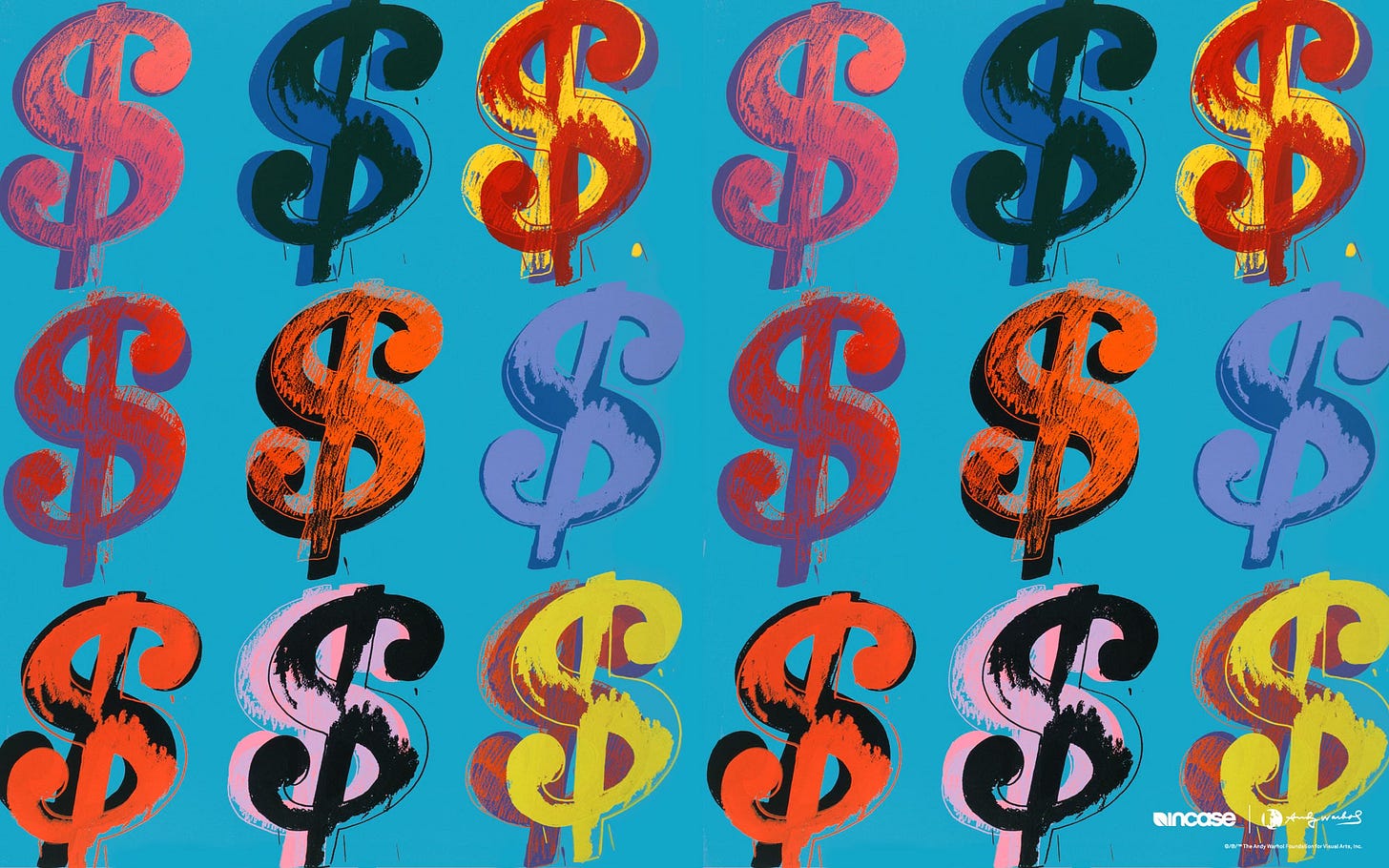Exorbitant Privilege
The US’ exorbitant privilege has become a rich world privilege – New study calls for a reform of the international monetary system
The US’ exorbitant privilege has become a rich world privilege – New study calls for a reform of the international monetary system
By Gastón Nievas and Alice Sodano (Paris School of Economics, World Inequality Lab)
Over the past decades the world has experienced a process of financial integration and capital liberalisation that has permitted an increase i…



